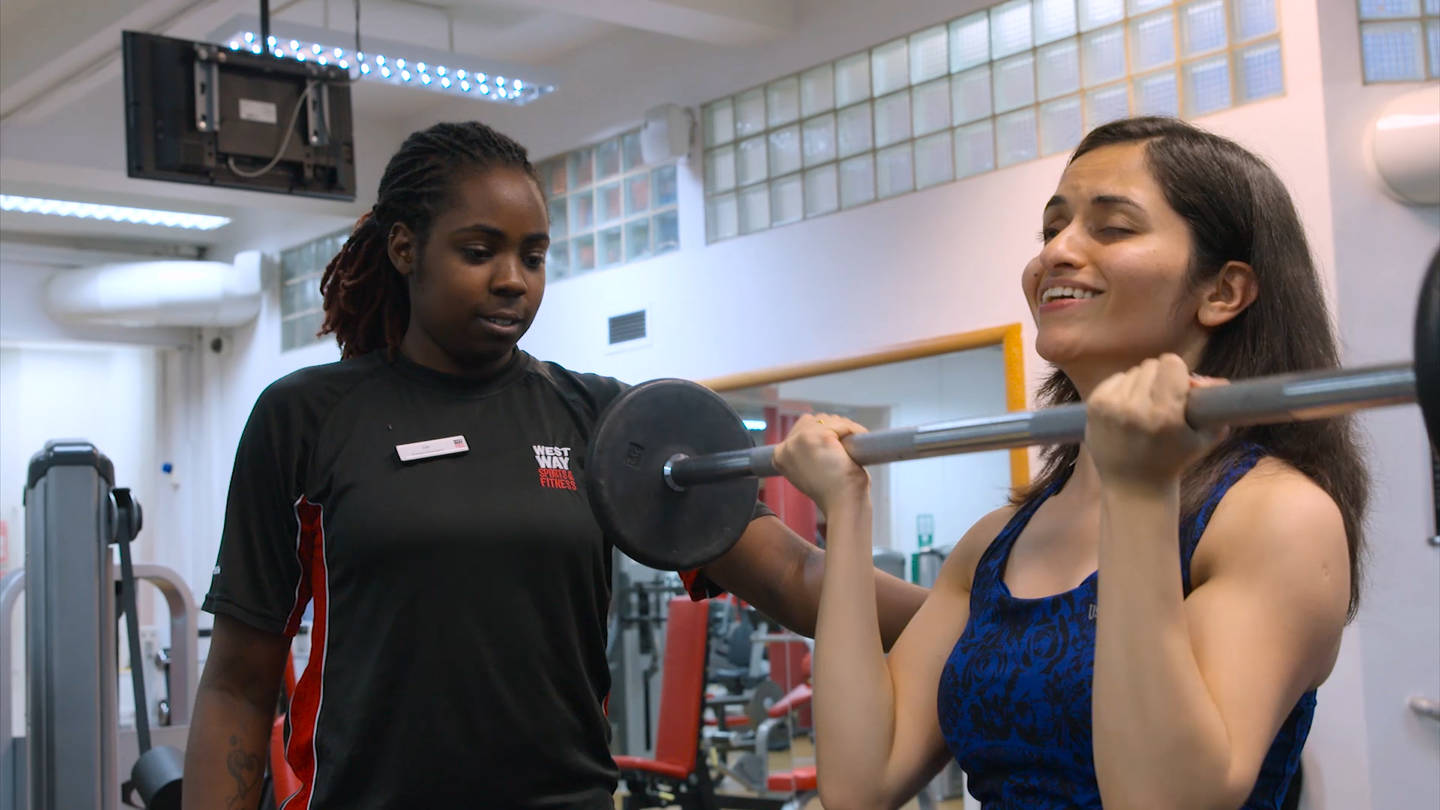'Sport for all' highlights deep-rooted inequalities in sport
The deep-rooted inequalities that mean people from Black, Asian and minority ethnic (BAME) backgrounds are far less likely to be physically active have been laid bare in a new Sport England report. ‘Sport for all - why ethnicity and culture matters in sport and physical activity’ was published today.

It is the most comprehensive ever picture of how people from BAME communities are taking part in sport and physical activity. The report shows the people from Asian, Black and Chinese backgrounds are far more likely to be physically inactive than those who are white.
The findings are drawn from the survey responses of more than 100,000 people who contributed to the most recent Sport England Active Lives Adult and Children Surveys.
The report considers:
- Overall levels of activity and the significant differences between different ethnic groups
- The types of activities undertaken by adults and children from different ethnic backgrounds
- The impact of overlaying multiple demographic characteristics upon activity levels.
People from these ethnic groups are also far less likely to volunteer in sport and enjoy the benefits associated with it.
Speaking at a special conference in Birmingham this morning, Sport England’s board member Chris Grant said it's vitally important we work to close the ethnicity gap in sport participation.
“I’m convinced that sport must be a leader, and not a follower. That’s why I want to invite and challenge the whole of sport to come with us on this journey, and in doing so to be clear-sighted and honest about the ways in which we’re currently excluding and letting down whole swathes of our population.
“When it suits us, we’re happy to talk about the leadership role that sport can play; its capacity to inspire a nation or to transform lives. No other aspect of national life has so many column inches and broadcast hours devoted to it.
“But there’s an elevated level of discomfort when talking about race and culture in sport and we need to get beyond this if we are genuinely going to do something about the ethnicity gap.”
Sport England’s chief executive, Tim Hollingsworth, insisted the whole sports sector will need to work together.
“Sport for all is more than a snappy event title, it's a sentiment that cuts right to the heart of Sport England’s vision and ambition. But we must recognise that as a sector and as a system there just hasn’t been the concerted joined up effort to understand and critically address the ethnicity gap in participation.
“We absolutely recognise that there are complex, interconnected mixture of issues at play here and it would be wrong and reductive to think that there is one simple answer. And we also recognise there are many others who hold the expertise needed to create real change and we are committed to learning from those experts.”
Disabled people from BAME backgrounds least active
Presently, 62% of adults of adults in England currently meet the Chief Medical Officer’s guidelines of 150 minutes of physical activity a week. However, just 56% of Black people and 55.1% of Asian people (excluding Chinese) reach this figure.
Statistics highlight disabled people from BAME backgrounds are the least active. This shows when ethnicity intersects with gender, socio-economic status, or a limiting disability or long-term health condition.